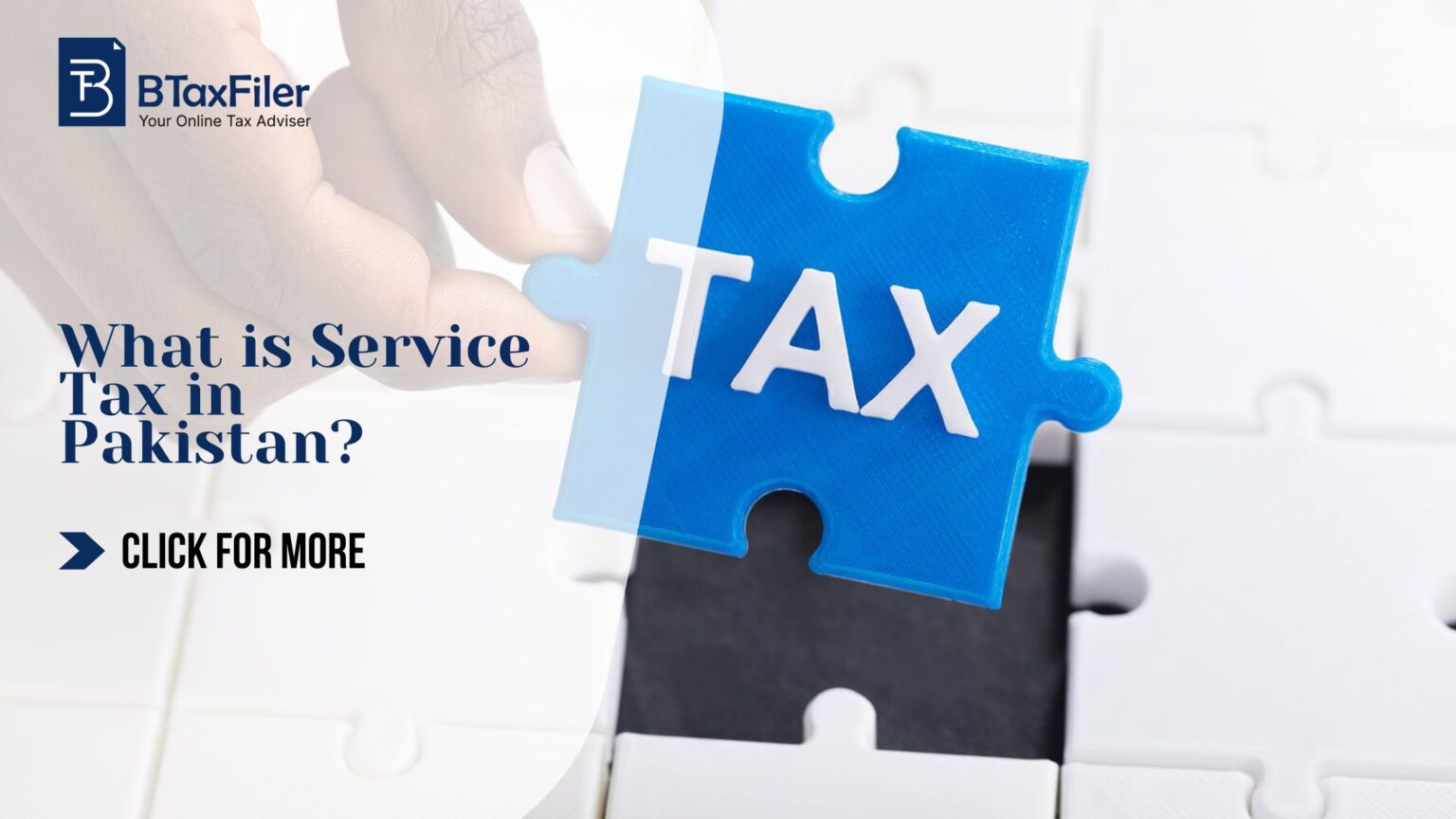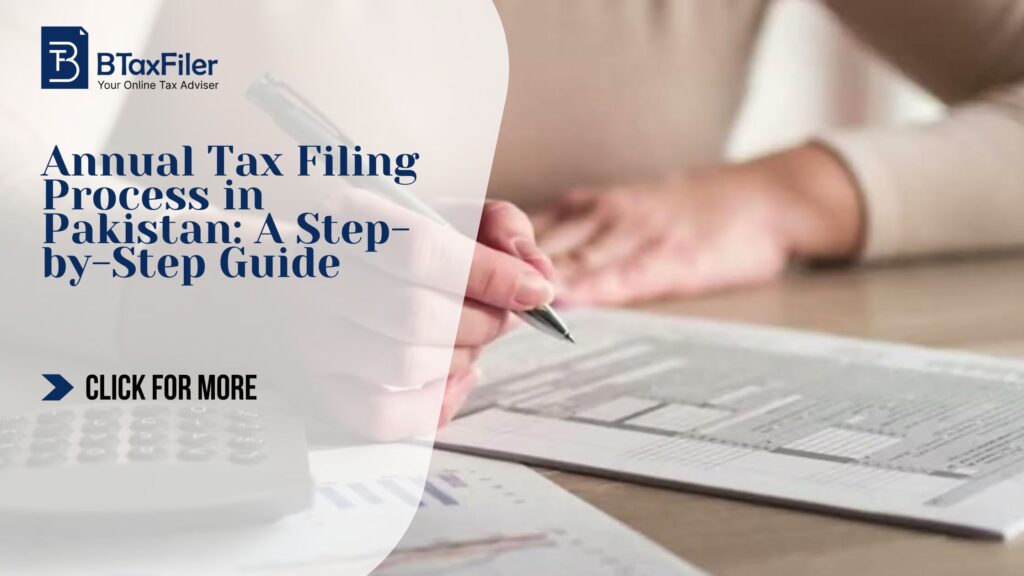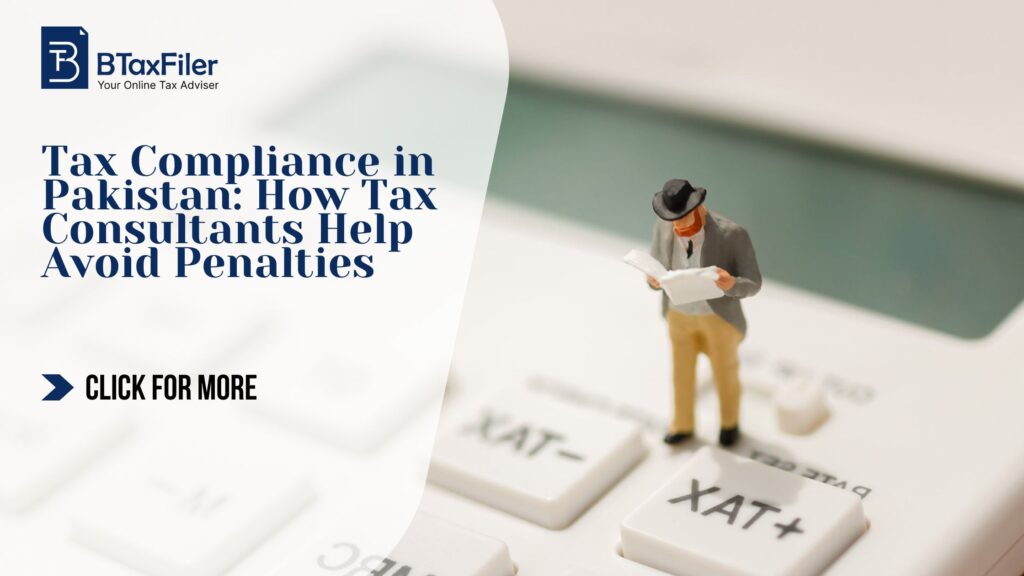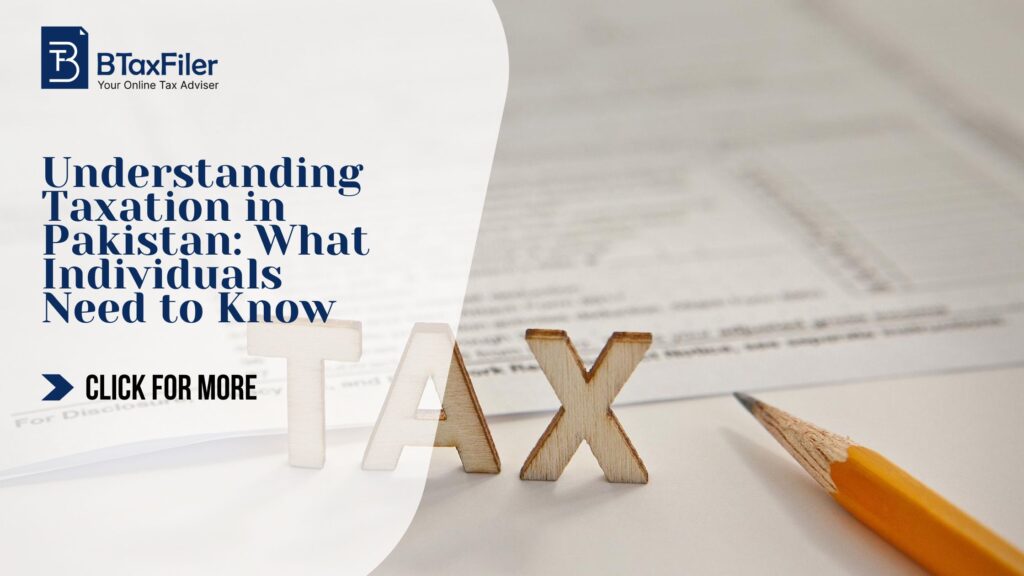Understanding service tax in Pakistan is essential for both businesses and individuals looking to comply with local tax laws while optimizing their financial operations. Service tax has become a significant source of revenue for the government, helping fund various public sector projects, infrastructure, and welfare initiatives. Btaxfiler, a leading tax consultant in Pakistan, is here to provide insights and guidance on service tax regulations and compliance.
Overview of Service Tax in Pakistan
Service tax is a provincial tax levied on service providers across various sectors. It is governed and administered by the provincial revenue authorities, such as the Punjab Revenue Authority (PRA), Sindh Revenue Board (SRB), Khyber Pakhtunkhwa Revenue Authority (KPRA), and Baluchistan Revenue Authority (BRA). Service tax applies to a wide range of industries, including telecommunications, hospitality, healthcare, and transportation.
This tax system is designed to ensure that service-oriented businesses contribute to the public purse, fostering economic stability and growth. Service tax regulations are continually updated, so working with a tax consultant in Pakistan like Btaxfiler can help ensure compliance and optimize tax payments.
Key Objectives of Service Tax
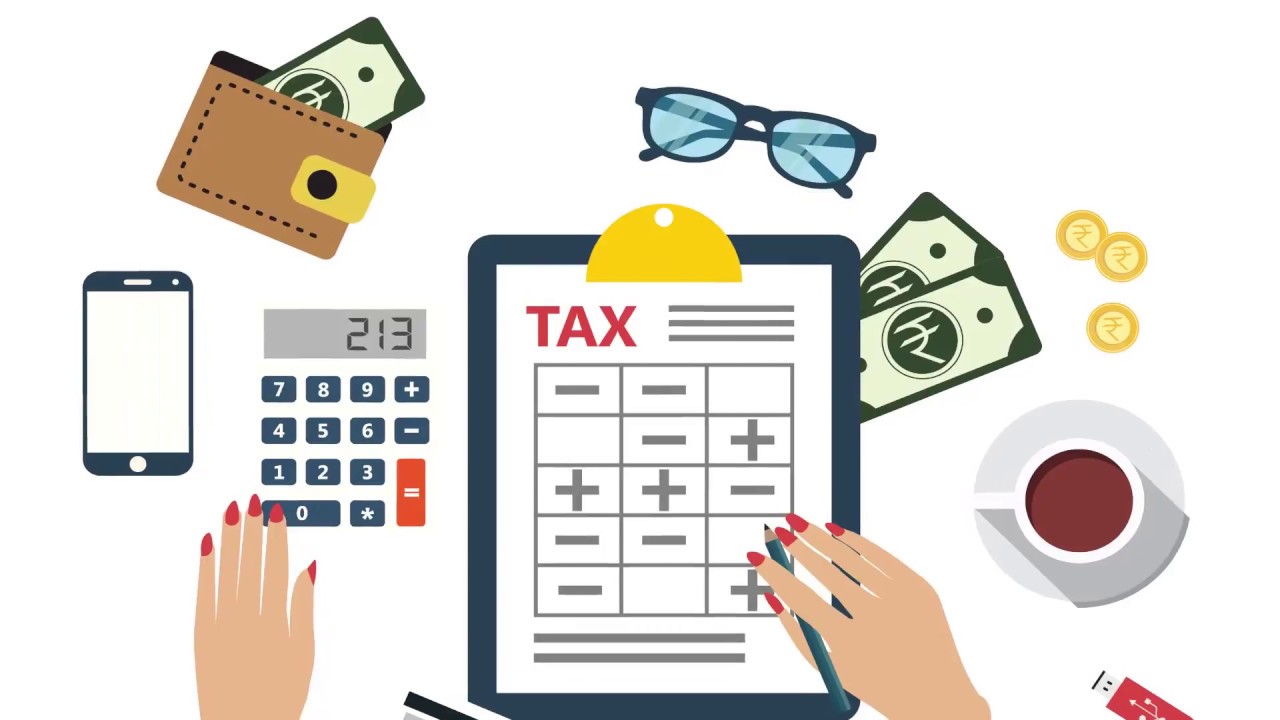
The primary objectives of service tax are:
- Revenue Generation: Service tax serves as a crucial revenue stream for provincial governments, funding development projects and public services.
- Economic Growth: By broadening the tax base, service tax promotes sustainable economic growth and encourages efficient service delivery.
- Enhanced Compliance: Service tax policies aim to enhance compliance among service providers, thereby reducing tax evasion.
Service Tax Rates in Pakistan
The service tax rate varies depending on the province. Each province has its own tax code and administrative body, resulting in differences in rates and procedures. Below is an overview of the service tax rates by province:
- Punjab: The Punjab Revenue Authority (PRA) levies a general service tax rate of 16% on taxable services. Some services, however, have different rates based on industry and specific exemptions.
- Sindh: In Sindh, the service tax rate is 13%, administered by the Sindh Revenue Board (SRB). This province has been proactive in broadening its tax base and targeting high-revenue industries.
- Khyber Pakhtunkhwa: The KPRA enforces a general service tax rate of 15% on services provided in Khyber Pakhtunkhwa.
- Baluchistan: The Baluchistan Revenue Authority (BRA) imposes a 15% tax rate on most services within the province.
These rates may be subject to periodic updates. To stay informed and ensure accurate filings, service providers often rely on experienced tax consultants in Pakistan like Btaxfiler.
Read more, click here to learn about the Comprehensive Guide to Income Tax Consultancy Services
Who is Liable to Pay Service Tax?
In Pakistan, service providers are primarily responsible for paying the service tax. If you are operating a business that falls under taxable services, you are legally obligated to file service tax returns and remit the due amount to the relevant provincial authority. Some common service providers liable to pay service tax include:
- Telecommunications companies
- Hotel and tourism operators
- Financial and consulting firms
- Healthcare services providers
These businesses are required to register with their respective provincial tax authorities, obtain a registration number, and file regular service tax returns. Non-compliance can result in penalties, so partnering with a tax consultant in Pakistan is advisable to streamline the process and avoid potential legal issues.
Service Tax Exemptions and Concessions
Certain services may qualify for exemptions or reduced tax rates. Exemptions typically apply to essential services, educational institutions, or government-related services. Here are some common examples:
- Healthcare and Education: Medical services provided by hospitals and educational institutions are often exempt from service tax.
- Export of Services: Export-oriented services may be eligible for tax relief or exemptions to encourage economic growth and enhance Pakistan’s international competitiveness.
- Government Services: Services provided directly by government agencies may also be exempt from service tax.
Each province has its own criteria for exemptions, and consulting with Btaxfiler can help clarify whether your services qualify.
Registration and Filing Process for Service Tax
1. Registration with Provincial Authorities
Service providers must register with the provincial revenue authority where they operate. This process involves submitting necessary business details, obtaining a registration certificate, and receiving a unique identification number.
2. Filing Service Tax Returns
Once registered, service providers must file service tax returns regularly, typically on a monthly or quarterly basis, depending on the province’s specific requirements. The return includes details of total revenue generated, taxable amount, and tax due.
3. Payment of Service Tax
The payment process involves depositing the calculated tax into a designated provincial bank account or online payment portal. Delayed payments can result in penalties, so timely filing and remittance are essential.
4. Record Keeping and Documentation
Keeping comprehensive records of all transactions, invoices, and tax returns is mandatory. Accurate record-keeping can simplify audits and compliance checks, ensuring that businesses stay within the legal framework.
Penalties for Non-Compliance
Non-compliance with service tax regulations can lead to severe penalties, including:
- Fines: Late payments or inaccurate filings can result in fines proportional to the overdue tax amount.
- Interest: Additional interest may be charged on late payments, increasing the financial burden on non-compliant businesses.
- Legal Action: In extreme cases, prolonged non-compliance can lead to legal action, including suspension of business operations.
To prevent these penalties, businesses should consider consulting with Btaxfiler, an experienced tax consultant in Pakistan who can ensure compliance and mitigate risks.
Benefits of Consulting a Tax Expert for Service Tax
Working with a professional tax consultant, such as Btaxfiler, offers several advantages:
- Enhanced Compliance: Tax consultants are well-versed in local regulations and ensure that filings are accurate and timely.
- Optimized Tax Liability: Professionals can identify exemptions and deductions that may reduce the overall tax burden.
- Time Efficiency: Handling tax obligations can be complex and time-consuming, so outsourcing this task allows businesses to focus on core operations.
Conclusion
Understanding and managing service tax obligations is crucial for service providers in Pakistan. With different rates, exemptions, and filing requirements across provinces, navigating service tax can be challenging without the right expertise. Btaxfiler, a reliable tax consultant in Pakistan, assists businesses with comprehensive tax compliance services, ensuring that all regulatory obligations are met while optimizing tax payments.
For those looking to gain more control over their tax obligations and achieve peace of mind, partnering with Btaxfiler can make a world of difference.

